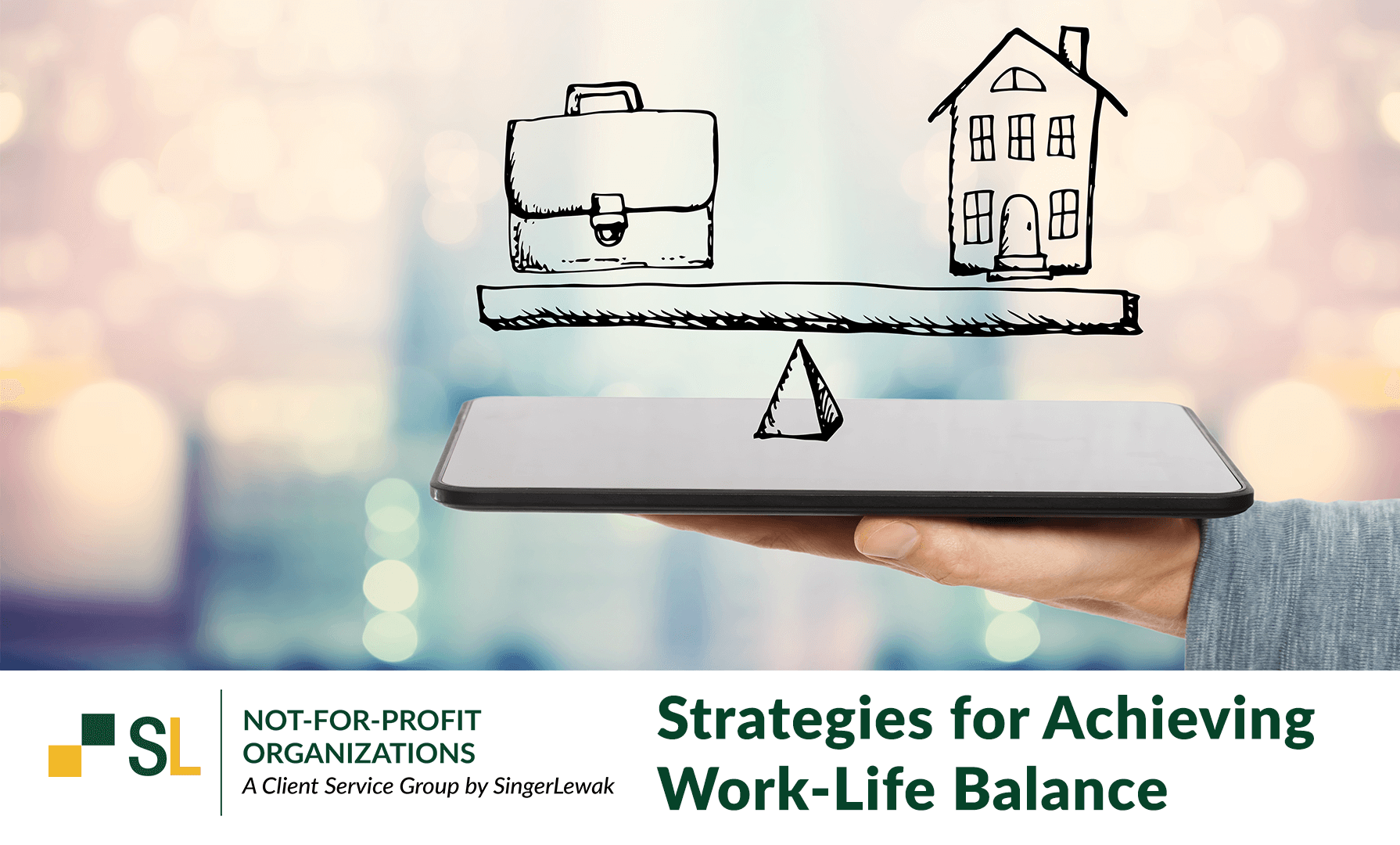- Setting Boundaries: Establishing clear boundaries between work and personal life is essential. This might include setting specific work hours and sticking to them, as well as taking regular breaks to recharge.
- Support Systems: Building a strong support system at work and at home can make a significant difference. This includes seeking support from colleagues, supervisors, and family members when needed.
- Self-Care: Regular self-care practices, such as exercise, meditation, and hobbies, can help finance professionals manage stress and maintain a healthy work-life balance.
- Professional Development: Continuous learning and professional development can equip finance professionals with the skills and knowledge to work more efficiently, reducing the time and effort required to complete tasks.
Conclusion
Balancing the demands of the not-for-profit industry with personal well-being is no small feat. However, with effective strategies and a supportive environment, finance professionals can achieve a healthy work-life balance. By prioritizing time management, setting boundaries, and investing in self-care, finance professionals can continue to make a positive impact without sacrificing their personal lives.
Time Management: Effective time management is crucial. Prioritizing tasks, setting realistic deadlines, and breaking down large projects into manageable parts can help finance professionals stay on top of their workload without feeling overwhelmed.



